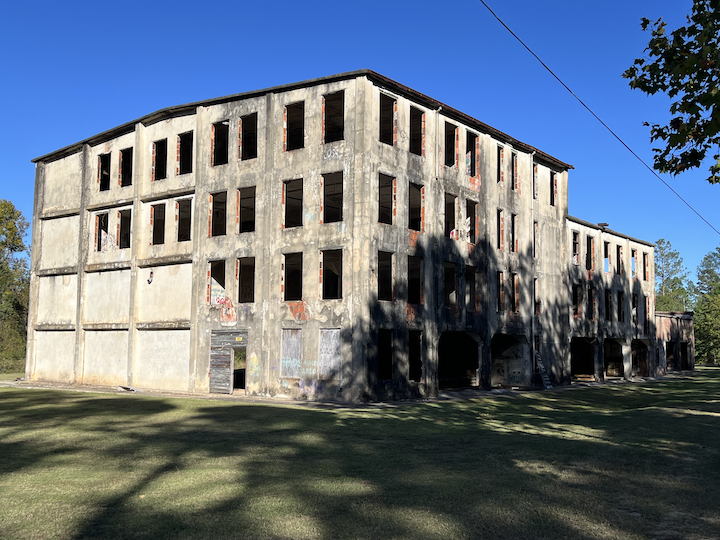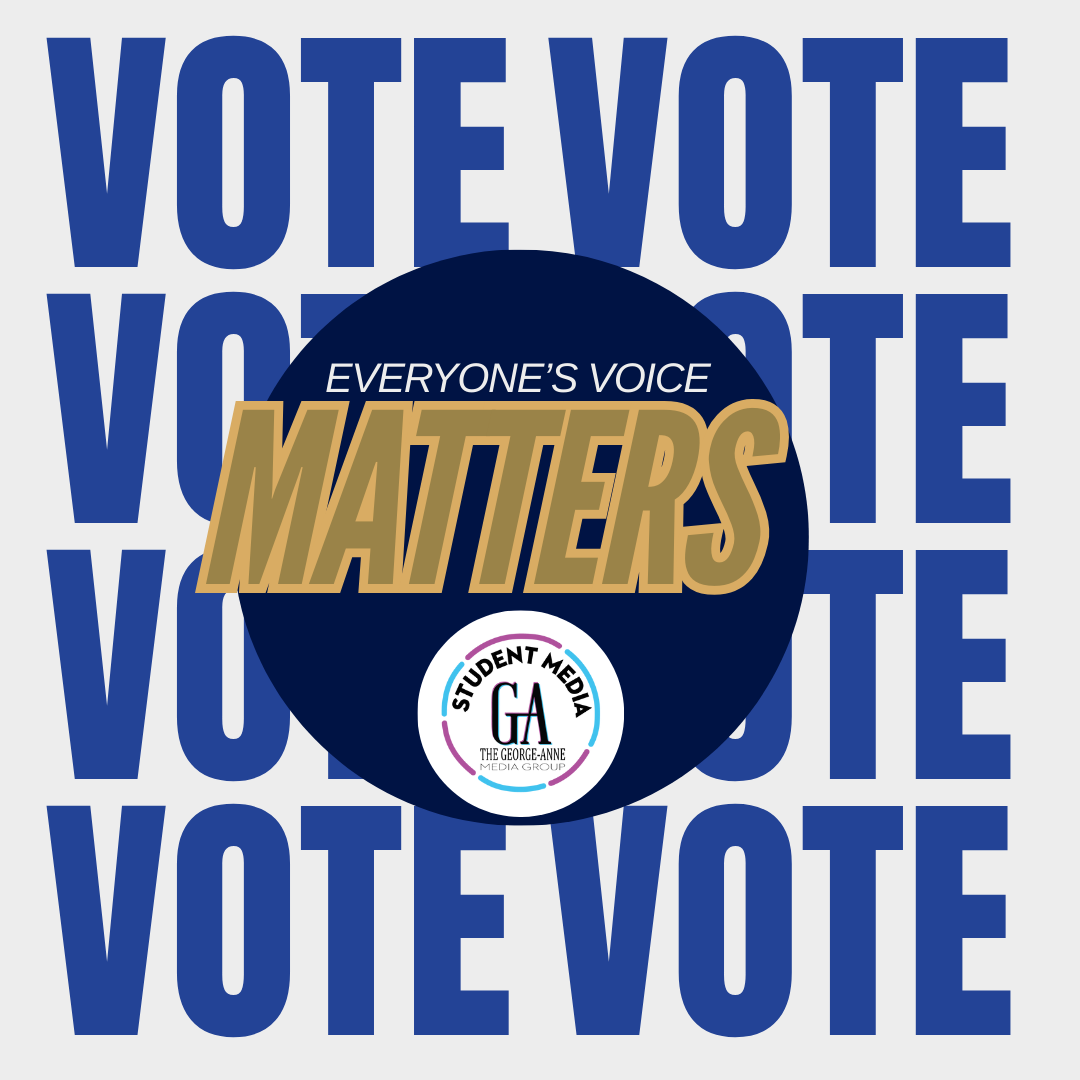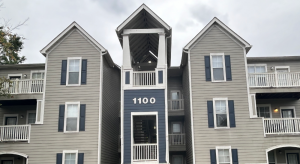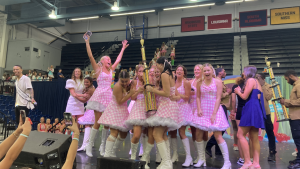College of Education faculty host poverty simulation
May 3, 2019
Faculty in the College of Education hosted a poverty simulation for their students to help students understand the hardships individuals face every day to get the basic necessities of life.
According to a GS press release, education majors were required to participate in this activity as part of their cultural issues course.
This is an annual event. This year, it was held in the Military Science Building, hosting about 60 students with 20 plus faculty and staff participating.
The students who participated in the simulation mentioned that it was surreal, eye-opening and intense, all at the same time.
Amber Culver, a senior child and family development major, said that she felt an emotional connection with her character.
“Although he was a Caucasian middle-aged male and I’m an African-American woman at the age of 25, I was emotionally invested into his current situation,” Culver said. “My heart immediately began to hurt.”
Jarrod Rickman, a junior special education major with a concentration in reading, said that the best way he could describe the experience was intense.
“I found the experience to be intense…some people were treating it like it was a game. I didn’t mind that,” Rickman said. “For me, I was trying to dive into the experience like I was truly trying to take care of my family. That brought a lot of emotion out of me”
According to the GS press release, participants were given various scenarios in a family to role play, asking them to provide for their basic needs. Some students said that it truly gave them a new perspective on poverty, some said it acted as a test.
Kaylee Kessler, a junior elementary education major, said that many people assume that those who are poor don’t try to help themselves but what they don’t know is that it’s not as easy as they think.
“Many people assume that people that are living in poverty just don’t try…but what people don’t realize is that there are many hoops that people have to go through and many roadblocks that prevent people from getting out of poverty,” Kessler said.
This simulation helped them understand what it was like to live in a world different from what they’re used to. It also helped them realize what was important.
Kessler said that she was nervous to participate in the simulation, but it ended up helping her grow as a teacher and a human being.
“I was nervous to step into this simulation because I have been fortunate enough to not have lived in poverty but this simulation…helped me grow as a teacher, but not only as a teacher but also as a human being,” Kessler said.








